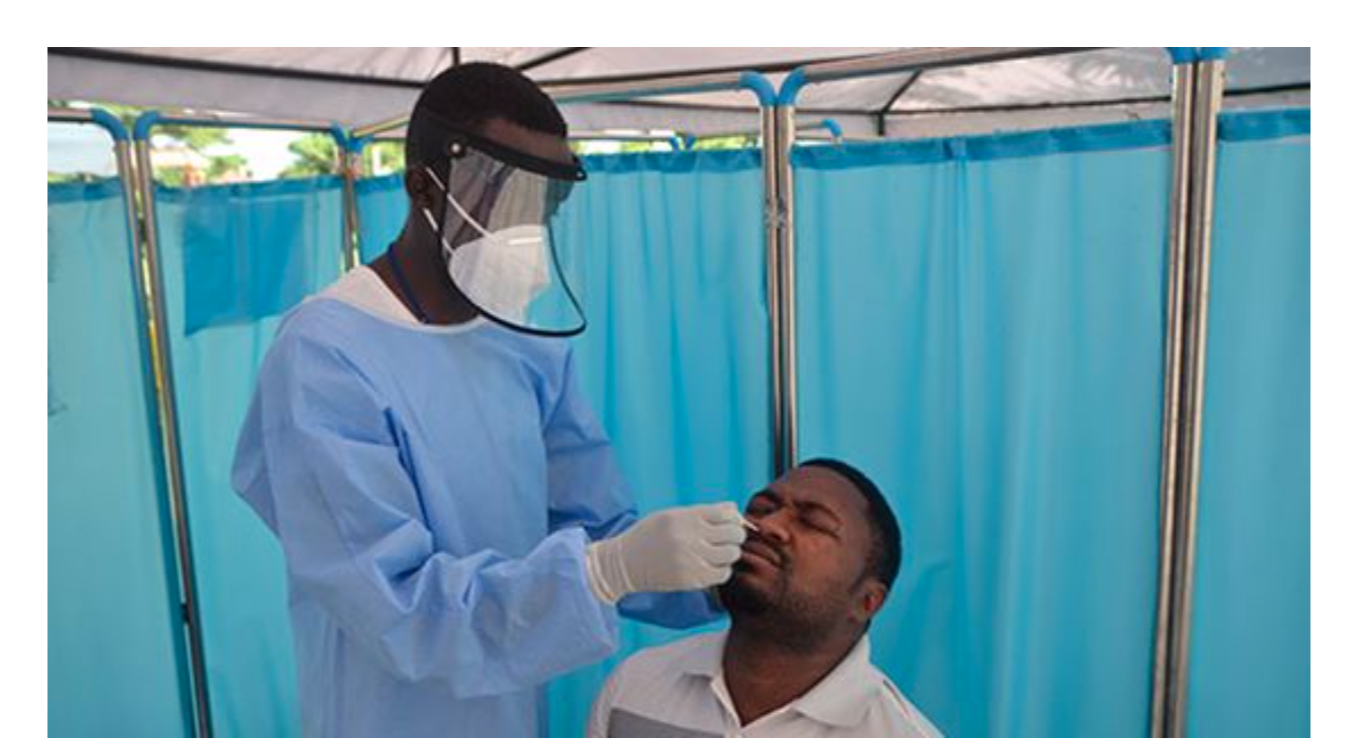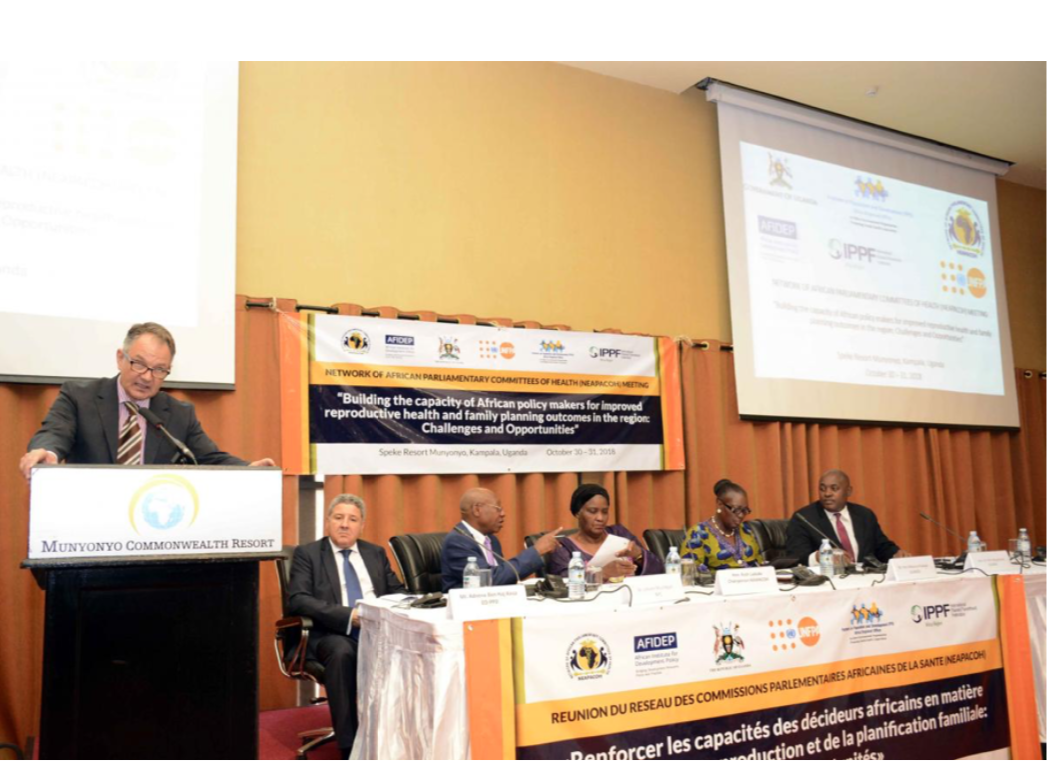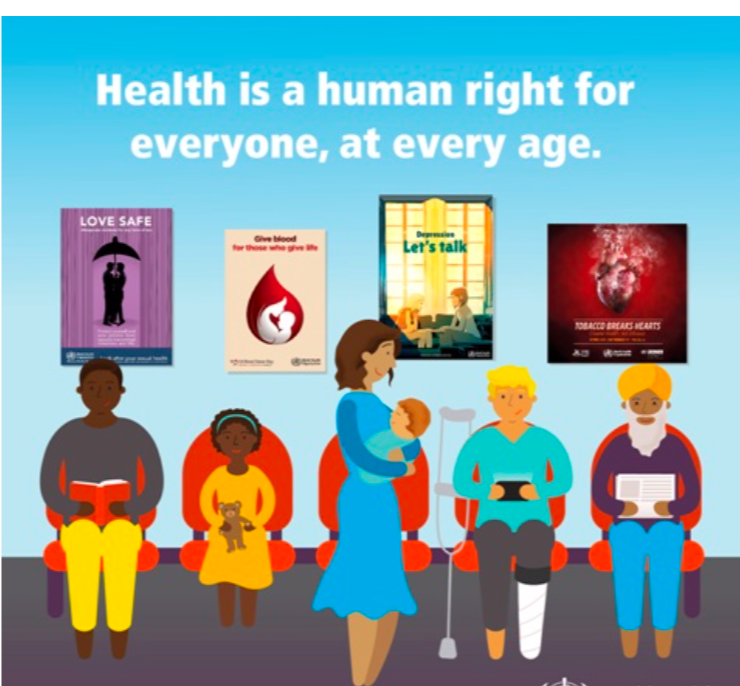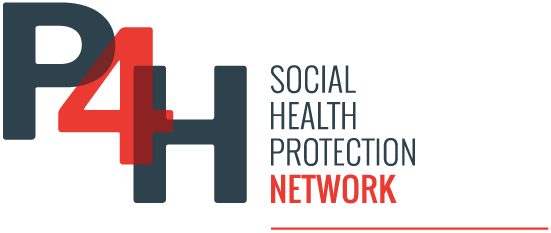
Laos plans to purchase vaccine for 2022
Laos plans to purchase additional Covid-19 vaccines in 2022 because vaccines from the COVAX initiative will be ended by this year. Currently, a total of 1,387,083 people received the first dose or 18.9% of the total population. While the second dose vaccinations...

Tanzania gets US$112 million to fight COVID-19 and accelerate end of HIV, TB and Malaria
The Government of Tanzania has received new funding to fight the COVID-19 crisis and accelerate the end of the epidemics of HIV, TB and malaria while building resilient and sustainable systems for health. During a virtual launch ceremony, Her Excellency Samia Suluhu...

TOGO: government care extended to all pregnant women and newborns
Created by decree by the Council of Ministers of August 25, 2021The "Wezou" national program to support pregnant women and newborns was designed to reduce maternal and neonatal mortality rates, in line with the government's roadmap for strengthening social...

BENIN: Government orders continuation of ANAM services
Extract from the minutes of the Council of Ministers of July 28, 2021. Continuation of services provided by the Agence nationale de l'Assurance maladie (ANAM) and the Agence nationale de gestion de la gratuité de la césarienne (ANGC) by the Agence nationale de la...
Towards universal health coverage (UHC) in Uganda: A multi-sectoral approach
Uganda’s goal for UHC is to provide at least 65% of its population quality healthcare and financial protection by 2030. However, at 44% coverage in 2018, the country is far from reaching that goal. This policy brief analyses the low performance on UHC and makes a case...
Who pays for and who benefits from health care services in Uganda?
Equity in health care entails payment for health services according to the capacity to pay and the receipt of benefits according to need. It is an essential element of universal health coverage. In Uganda, as in many African countries, although equity is extolled in...
Question and answer booklet on the planned national health insurance scheme in Uganda
Health Insurance is a way of financing health care where individuals or households’ contributions are pooled together, so when members fall sick they access a defined package of health services without having to pay out of pocket. This has the potential to protect...
Uganda’s national health accounts (NHA) for 2014/15 and 2015/16
Health Financing is critical to achieving health systems agenda. The overall purpose of the NHA study is to provide data for countries to monitor health spending across multiple streams, regardless of the entity or institution that financed and managed that spending...

Uganda gets additional support for COVID-19 crisis recovery
Uganda, along with much of sub-Saharan Africa, has faced extraordinary challenges since the pandemic hit. Before the pandemic, Uganda’s economy grew, on average, by about 6%. However, even then, per capita income growth had started to slow because of ...

Parliament of Uganda passes the national health insurance (NHI) bill
On March 31, 2021, the Ugandan parliament passed the NHI bill that outlines the general structure for a first-ever national social health insurance scheme in Uganda. It was passed with a pre-set benefits package that includes a range of essential health...

New documents available on Uganda country page
New documents on health financing and social health protection have been uploaded to the documents section of the Uganda country page. The documents can be downloaded from the related documents link below
Uganda national minimum healthcare package- a case study
The basic essential healthcare benefit package (EHB) policy interventions aim to optimize efficiency while extending coverage by increasing equity of access to the defined benefits. Many low and middle-income countries introduced or updated EHBs in the 2000s. Uganda’s...
Analytical review of health care reforms in Uganda and its implication on health equity
Uganda Government has continued to strengthen the country’s health system by initiating policy reforms aimed at enhancing equity in health care with the goal of attaining universal health coverage. These reforms include the abolition of user fees and the introduction...
Feasibility and desirability of scaling up community–based health insurance (CBHI) in rural communities in Uganda: lessons from Kisiizi Hospital CBHI scheme
CBHI schemes have been implemented world over to contribute to initial steps for national health insurance schemes, and universal health coverage. CBHI schemes aim to reduce out-of-pocket payments, and improve access to healthcare services in addition to raising...
Getting it right: Uganda’s proposed national health insurance scheme (NHIS)
Uganda is a signatory to the sustainable development goals (SDGs) and therefore is committed to attaining universal health coverage (UHC) for all. According to WHO, the goal of UHC is to ensure that all people obtain the health services they need without suffering...
